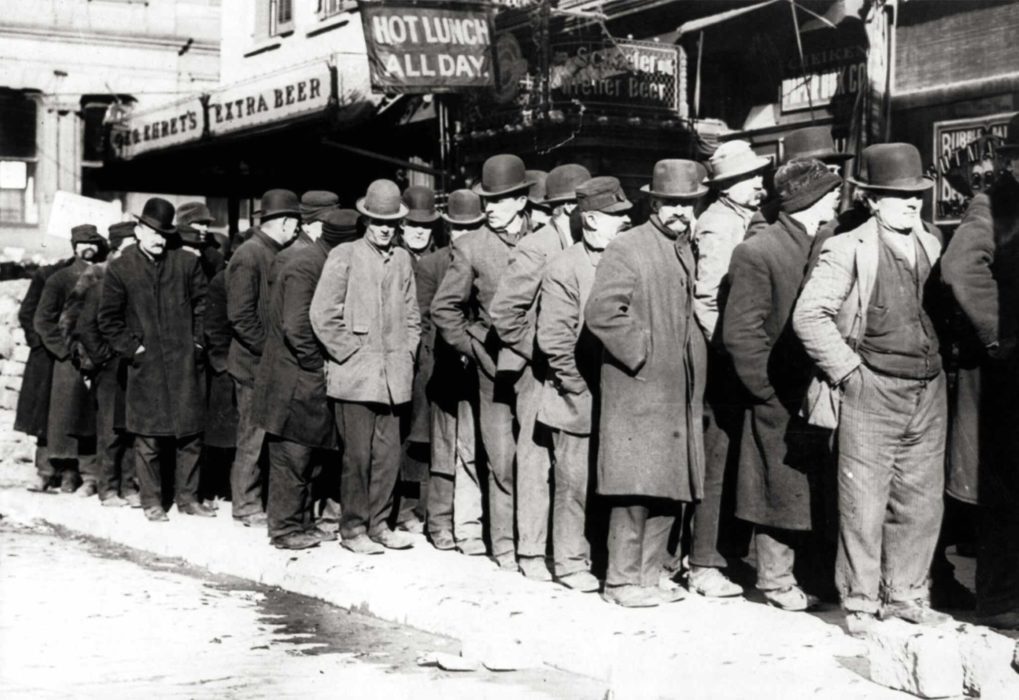THROUGHOUT HIS TIME IN America, ‘Abdu’l-Bahá spoke on peace, social justice, generosity, and even thankfulness. In each case he stressed the need for practical solutions over mere words. “Those who do most good use fewest words,” he once commented.
On May 14, 1912, ‘Abdu’l-Bahá delivered a talk to the leaders of the peace movement at the Lake Mohonk Conference on International Arbitration in the Shawangunk Mountains outside of New York. He laid out a number of principles necessary to peace, including the elimination of the extremes of wealth and poverty, and the need for harmony between the systems of science and religion. The next day, to a group of youth, he noted: “It is very easy to come here, camp near this beautiful lake, on these charming hills, far away from everybody and deliver speeches on Universal Peace. These ideals should be spread and put in action over there [Europe], not here in the world’s most peaceful corner.”
Even as a prisoner under house arrest in ‘Akká, ‘Abdu’l-Bahá took action to provide solutions to the needs of the community.
He set up a school to educate children, helped feed the poor and find them jobs, and encouraged his fellow exiles to attend to the sick, crippled, and aged, regardless of their religion. In America, ‘Abdu’l-Bahá continued this pattern, making a point of visiting the Bowery Mission in New York.
On May 30, 1912, at the Theosophical Lodge in New York, ‘Abdu’l-Bahá pointed out that knowledge is not enough to solve the world’s problems. “To admit that health is good does not constitute health,” he said. Knowledge must be applied, he said, “the remedy carried out.”

Even in such matters as thankfulness ‘Abdu’l-Bahá stressed the need for deeds over words. To an audience on the Upper West Side on July 15, 1912, ‘Abdu’l-Bahá described two ways of giving thanks. “There is verbal thanksgiving, which is confined to a mere utterance of gratitude,” he noted. “This is of no importance because perchance the tongue may give thanks while the heart is unaware of it.” Real thankfulness, he offered, “expresses itself in the deeds and actions.” He told his audience to “render good deeds, be self-sacrificing, loving the servants of God, forfeiting even life for them, showing kindness to all the creatures.”
After reading a prayer about “renunciation,” Reverend Howard Colby Ives, an American who wrote a book that described his interactions with ‘Abdu’l-Bahá, questioned the concept. Renouncing the world, he said, “smacked of papacy and the monkish cell.” But Ives soon discovered that ‘Abdu’l-Bahá meant he should act without attachment to material things — it had nothing to do with removing himself from society. Ives remembered that ‘Abdu’l-Bahá told him that it was time for “great things.” “With literally flashing eyes and emphatically raised hand,” Ives wrote, ‘Abdu’l-Bahá exclaimed that “I should remember His words that This is a Day for very great things — VERY GREAT THINGS.”






